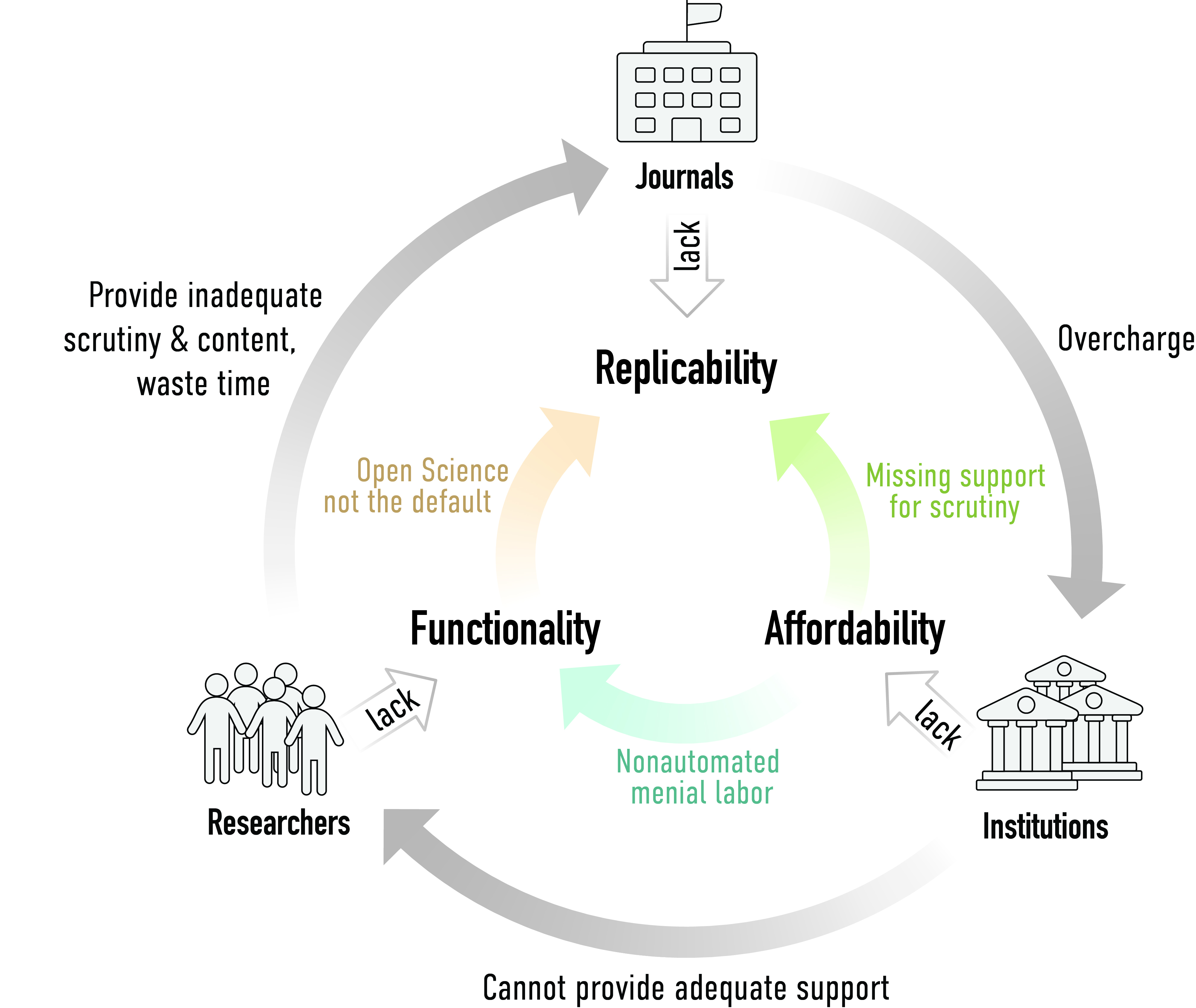Academic publishers have been parasitizing the public purse for long enough now. Steffen Böhm, director of the Essex Sustainability Institute, said it best:
By cutting out the parasitic publishing middle men, the academy could reclaim control of its knowledge, funding and labour.
In his article, he mentions the successful SciELO project in South America. In a lot of ways, SciELO (scielo.org) is quite close to what I have been arguing for: SciELO means “Scientific Electronic Library Online” and is supported by the Brazilian and Chilean government. It currently publishes about 900 scientific journals which are all fully openly accessible. The Latin American and Caribbean Center on Health Sciences Information (BIREME – Biblioteca Regional de Medicina) spearheaded conception, design and implementation of SciELO, with special assistance from the US National Library of Medicine. Ten of SciELO’s 15 national collections are funded more or less directly by governments, five by universities. SciELO publishes and archives everything in marked-up full-text, meaning that the entire full-text is machine-readable and hence exquisitely (re-)useful. In essence, with a decentralized database like SciELO, any and all possible metrics (if one really wants/needs them) are just a few lines of code away.
The success of SciELO demonstrates that our institutions, our libraries, big and small, collectively have all it takes to cut out the parasitic middle men that annually gobble up billions and tax funds that are dearly missed in our budgets. We have the know-how, the infrastructure, that funding, the workforce, the technology and even plenty of examples where such a take-over (actually, take-backs) has worked on a smaller scale. All we need to do is to get some coordination among major players going and there will be many birds hit with one stone:
- Immediate, fully open access to all publicly funded research world wide – text, data and software
- The equivalent of approximately 4 billion US dollars saved annually
- An incredible market for innovation, e.g.
- what are the best ways to present scientific data in the most flexible way?
- can we write programs that construct (and test) hypotheses by crawling this vast scientific space?
- What possible additional uses can be developed from such a resource?
- A single place to find scientific information
- Long-term archive security
- Any functionality of the current journal system still deemed relevant is easily copied.
The only thing keeping us from this digital utopia are commercial publishers and the politicians they buy with our money (either directly or via lobbying). Oh and then, of course, there is the tiny issue of journal rank. 
UPDATE: Approximate cost for a paper in SciELO is ~90US$. Given an annual world-wide publication output of roughly two million papers per year, that would amount to a total cost of publishing new articles of around 180 million US$ for the entire planet. Add to that approximately 200k US$ annually for infrastructure and related costs, and you are still way below 200m total annual costs for academic publishing, fully open access. If that were shared only between the roughly 9000 universities world-wide (i.e., without additional contributions from governments directly), the total average cost per university and year would amount to just over 20,000 US$. With every German library spending, on average >600k on subscriptions, this would entail windfall savings for each institution.
Compare that to the current academic publishing market running at an estimated 12 billion in sales. With about 30% or 4b in publisher profits, current costs of academic publishing are inflated by more than 7.8b. In other words, switching to a library/institution-based publishing system akin to that realized in SciELO would provide savings closer to 11b than to 4b.












